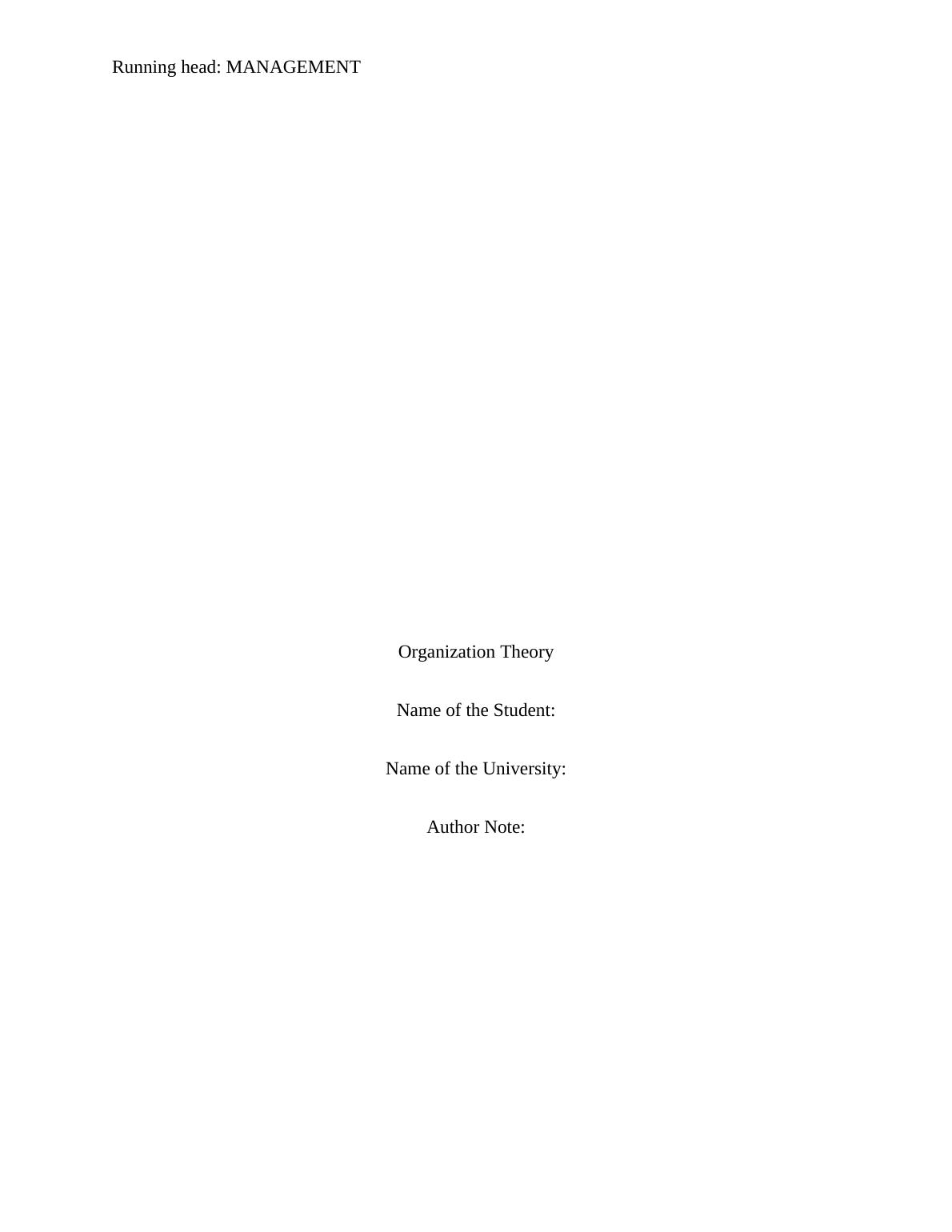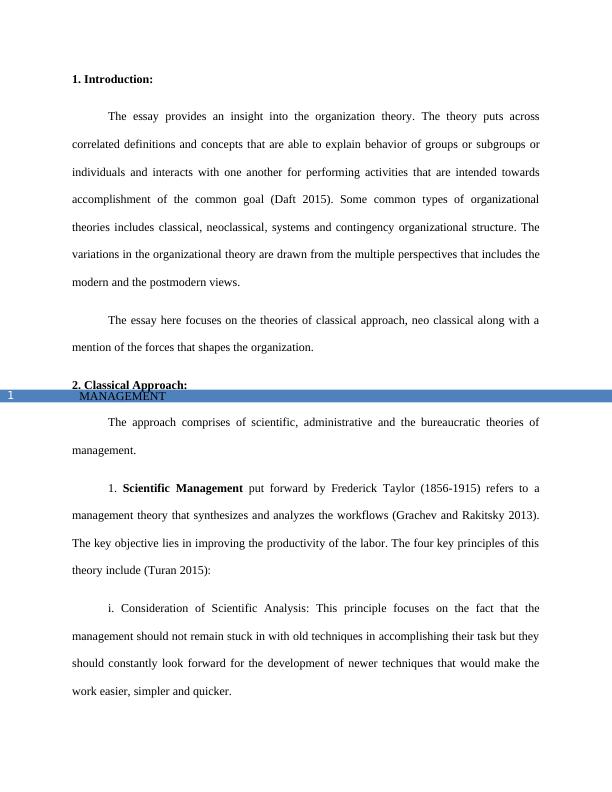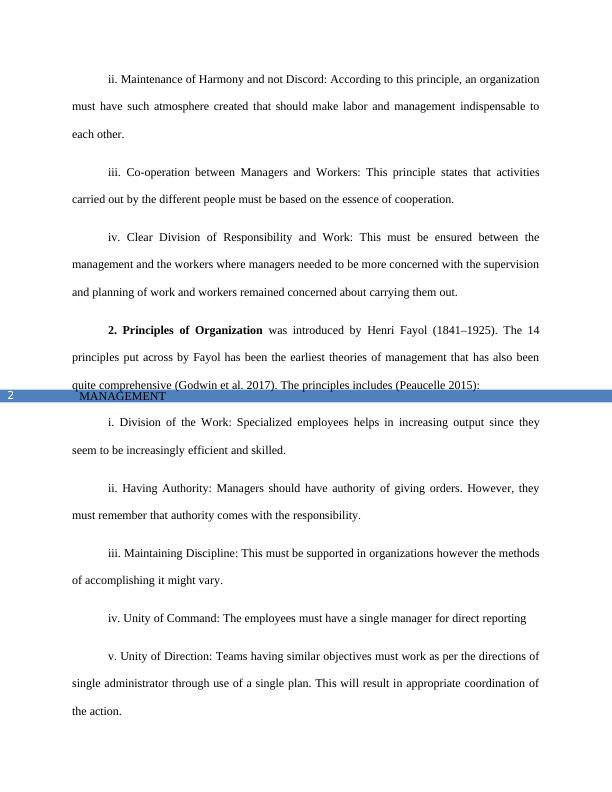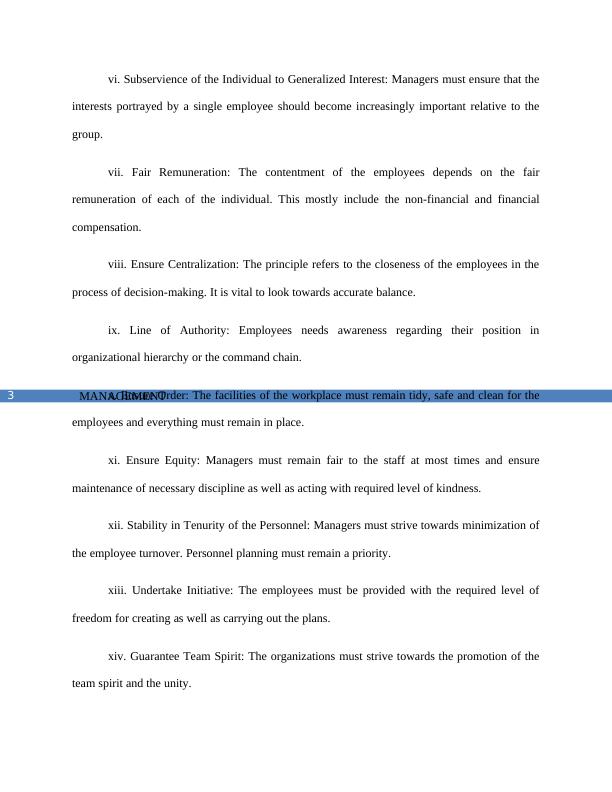Insight Into the Organization Theory - Essay
Analyzing classical and neo-classical approaches to organization theory, factors influencing organizational structure and design, managing dynamic processes in organizations, and forces shaping future organizations and their structure.
12 Pages2795 Words16 Views
Added on 2022-08-18
Insight Into the Organization Theory - Essay
Analyzing classical and neo-classical approaches to organization theory, factors influencing organizational structure and design, managing dynamic processes in organizations, and forces shaping future organizations and their structure.
Added on 2022-08-18
ShareRelated Documents
End of preview
Want to access all the pages? Upload your documents or become a member.
Classical and Scientific Management Theory
|11
|2574
|314
Organisation Theory: Classical and Neo-classical Origins and Forces Shaping Organisational Structures
|10
|2567
|1
Fredrick Taylor Management Theory
|10
|715
|19
Organizational Theory: Classical and Neo-classical Approach
|12
|2503
|48
Organisation Theory: Classical and Neoclassical Approaches, Contemporary Marketing, Japanese Approach, Organizational Learning and Culture Excellence
|8
|2696
|254
Leadership and Management - Assignment Sample PDF
|9
|2530
|18




